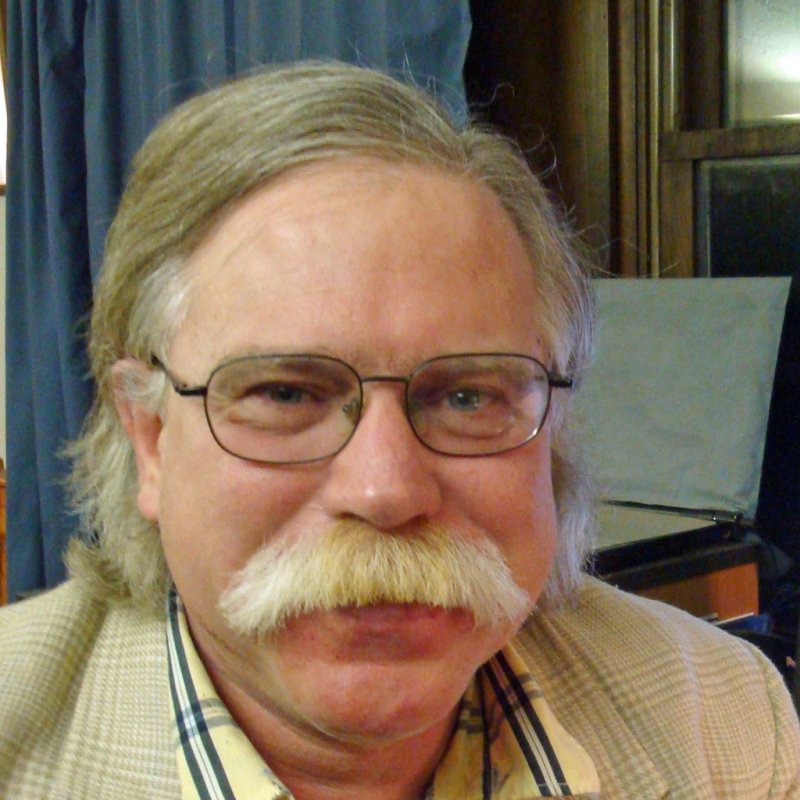Anthony Hall
Interesting point: The greatest spread of wealth in the United States came not during the Great Depression, but just before it, economists say.
Put the haves over here and the have-nots over there; today there is nearly the same distance between the two as there was before the depression hit in the early 1930s.
Economic earthquakes, like the Great Depression or like the humbling recession that has just passed, are, it turns out, great levelers -- if memory serves, the nickname Mark Twain gave to death.
An economic crash, one way or another, brings people closer together. The working class lose their jobs, but the rich lose their shirts. Fast expansion can also shrink the gap between the rich and the working class. Some economists call post World War II years "The Great Compression," The New York Times reported Monday.
The problem, of course, is that the Great Recession, the damage from which can still be felt, was only humbling for some. For Republicans denouncing the "Buffett Rule," not so much. Let them eat crumb cake, Republicans are saying.
The suggestion from billionaire Warren Buffett is that the rich be taxed at least as much as their secretaries -- the head of the hedge fund who makes tens of millions each year should pay at least the same percentage in taxes as the valet at the country club pays.
Filtered through the current political system with a nod toward current tax rates, President Barack Obama has come up with 30 percent as a tax rate for the wealthy and the mega-wealthy.
But here's what economists Emmanuel Saez and Thomas Piketty say, starting with Piketty: "People say that reducing inequality is radical. I think that tolerating the level of inequality the United States tolerates is radical. ... The United States is getting accustomed to a completely crazy level of inequality."
Saez and Piketty suggest a lot more humility than is currently in discussion.
"Our finding is that the debate should be between the pre-1986 Reagan tax rate, which was 50 percent, and the higher rates that existed from Johnson until Reagan," Piketty said.
Hold the phone. Republicans are arguing that raising the tax rate for the wealthy would destroy entrepreneurial enthusiasm, squash innovation and drive companies out of the country … and yet, the tax rate on the wealthy was 50 percent and above during a long boom in the U.S. economy while the tax rate now allows the wealthy to pay less than their secretaries … and with this set up, the economy almost skidded to a halt? This is the Republican platform?
Based on that, to be completely sincere, maybe it's time to risk squashing some entrepreneurial spirit and driving some jobs out of the country. That could work.
Painful gaps between the haves and have-nots -- that's for corrupt dictatorships, budding Banana Republics and West Palm Beach, Fla., not for the United States.
Does that make any sense? Well, it's a work in progress.
In international markets Tuesday, the Nikkei 225 index in Japan fell 0.06 percent while the Shanghai composite index in China slipped 0.94 percent. The Hang Seng index in Hong Kong shed 0.23 percent while the Sensex in India gained 1.21 percent.
The S&P/ASX 200 in Australia dropped 0.31 percent.
In midday trading in Europe, the FTSE 100 index in Britain rose 0.96 percent while the DAX 30 in Germany climbed 1.27 percent. The CAC 40 in France rose 1.76 percent while the Stoxx Europe 600 climbed 1.16 percent.















